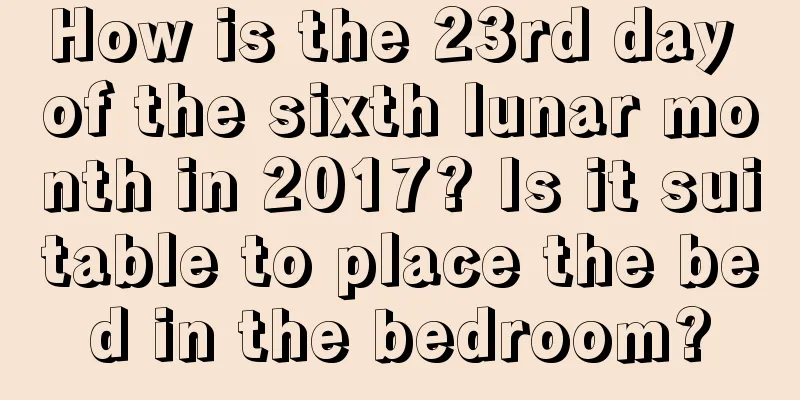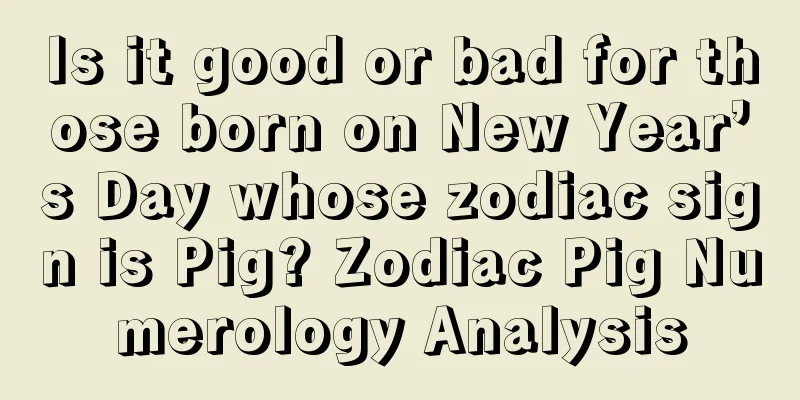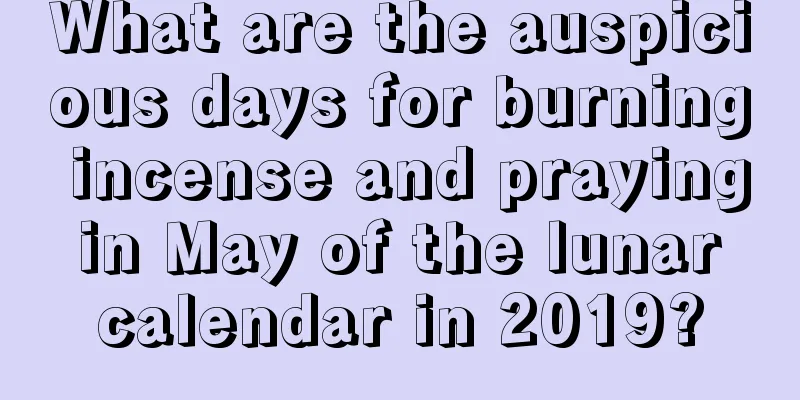What is the scientific explanation and folk customs behind the dragon raising its head on February 2?

Legend has it that when Wu Zetian proclaimed herself emperor, the Jade Emperor became furious and ordered the Dragon King not to let it rain for three years. The Dragon King couldn't bear to see the suffering of all living beings, so he secretly sent down a heavy rain. When the Jade Emperor found out, he banished the Dragon King from Heaven and crushed him under a mountain. The common people were grateful to the Dragon King for bringing rain, and prayed to the heaven every day. Finally, the Jade Emperor was moved and released the Dragon King on the second day of the second lunar month. Hence the saying “The second day of the second lunar month, the dragon raises its head” came into being. Is this really true? Today, I will take you to understand the scientific explanations and folk customs behind it. A new month brings new fortunes. With the arrival of the second month of the lunar calendar, we should not forget to check the almanac content of the day. Shuimoxiansheng.com's special topic for February of the lunar calendar in 2020 is waiting for you!The meaning of Dragon Raising its HeadFebruary 2 was called Zhonghe Festival in ancient times, commonly known as Dragon Raising its Head. Around the second day of the second month of the lunar calendar is Jingzhe, one of the 24 solar terms. On this day, the dragon, which had been hibernating, was awakened by the rumbling spring thunder and raised its head. The so-called "Dragon Raising its Head" means that after hibernation, all insects begin to wake up. So the saying goes, "On the second day of the second month, the dragon raises its head, and scorpions and centipedes all show their heads." Therefore, this day is also called the "Spring Dragon Festival." In the south, February 2 is also called the Outing Festival.Folklore ExplanationAccording to folklore experts, this custom is related to festivals. The period around the first day of February is called "Qingzhe". Many animals, such as frogs, snakes, and earthworms, hibernate when winter comes, which is called "hibernation". Around the second month of the lunar calendar the following year, the weather warms up and some insects end their hibernation and start to move around, as if they were awakened from their sleep by the bright spring sun or the deafening spring thunder. Therefore, this festival is called "Qingzhe".The legendary dragon was imagined by our ancestors based on snakes, earthworms, etc., so people also call snakes "little dragons". Around February 2, snakes, earthworms and other insects end their hibernation and start to move around. People believe that the dragon is a symbol of the emperor, a symbol of good fortune, and the master of wind and rain. The second day of the second month is the day when the dragon wants to ascend to heaven and begin its activities, hence the saying "The second day of the second month, the dragon raises its head." So, why not "February 1st" or "February 3rd"? Folklore experts explained that this is related to our preference for even numbers in folklore. In ancient China, especially during the Qin and Han dynasties and before, "important days" such as January 1, February 2, and March 3 were considered to be days when heaven and earth communicated and heaven and man were connected. Therefore, on such days people need to do more prayers, sacrifices or commemorative activities in order to obtain happiness, health and good luck. Astronomical explanationUnlike ancient Western astronomy, China divided stars into seven major star regions: "Three Enclosures" and "Four Symbols". The so-called "Yuan" means "city wall". The "Three Enclosures" are "Purple Palace Enclosure", which symbolizes the imperial palace; "Taiwei Palace" symbolizes the administrative agency; and "Tianshi Palace" symbolizes the bustling streets. These three enclosures are arranged in a triangle around the North Star. Outside the "Three Enclosures" are the "Four Symbols": the Azure Dragon in the East, the White Tiger in the West, the Vermillion Bird in the South, and the Black Tortoise in the North. In other words, the constellations in the east are like a dragon, the constellations in the west are like a tiger, the constellations in the south are like a big bird, and the constellations in the north are like a turtle and a snake. As the Earth revolves around the Sun, the stars in the sky change with the seasons. Every evening at the turn of winter and spring, the Blue Dragon appears; at the turn of spring and summer, the Black Tortoise rises; at the turn of summer and autumn, the White Tiger shows its head; at the turn of autumn and winter, the Vermillion Bird rises.There are two stars on the "Spica" on the head of the Canglong: Spica I and Spica II, representing the two horns on the head of the Canglong. The four stars after "Jiao Su" are "Kang Su", which is the throat of the dragon. Below the throat there are four stars arranged in the shape of a winnowing basket, which is "Di Su", representing the claws of the dragon. The Fang, Xin, Wei and Ji stars behind the dragon's claws represent the dragon's heart and tail respectively. Folk customs[1] Shave the Dragon’s Head <br /> On the second day of the second lunar month, people pray for the dragon to raise its head and bring rain and nourish all things, hence the saying “Shave the Dragon’s Head on the Second Day of the Second Month”. It is generally believed among the Chinese people that shaving one's head on this day will bring good luck and fortune, hence the saying "Shaving the head on the second day of the second month will ensure a healthy and energetic life for the whole year." In addition, there is a saying among the people in our country that "getting a haircut in the first month of the lunar calendar will kill your uncle", so many people do not go to the barber shop for a month after getting their hair cut in the twelfth month, and the ban is not lifted until the second day of the second month. On the second day of the second lunar month, every barber shop is crowded with customers and business is booming.【2】Dietary customs <br /> The second day of the second lunar month also has certain dietary requirements. Most of the food on this day is named after the dragon. Eating spring rolls is called "eating dragon scales", eating noodles is called "holding dragon whiskers", eating rice is called "eating dragon eggs", eating wontons is called "eating dragon eyes", and eating dumplings is called "eating dragon ears". All of this is to awaken the Dragon King and pray for him to bless the year with good weather and a good harvest. Of course, different regions have different foods, but eating spring rolls is a universal custom. 【3】Other customs <br /> Whenever the Spring Dragon Festival comes, in most parts of northern China, every household will carry lanterns to the well or river to fetch water in the morning, and then light lamps, burn incense, and offer sacrifices when they return home. In the old days, people called this ceremony "Yintianlong". There are many other customs on this day. Before getting up, people recite "On the second day of the second month, the dragon raises its head. If the dragon doesn't raise its head, I will." After getting up, they hold a lantern and shine it on the beams, reciting as they do so: "On the second day of the second month, shine it on the beams, and scorpions and centipedes will have nowhere to hide." In some places, women do not use needles and thread for fear of hurting the dragon's eyes; in some places, they stop washing clothes for fear of hurting the dragon's skin, and so on. Summary: The above is the meaning of [February 2nd, the Dragon Raising its Head, what are the scientific explanations and folk customs? 】, I hope all the contents will help your fortune! |
>>: What can’t you eat on the second day of the second lunar month in 2020? Are there any taboos?
Recommend
Query of the position of the God of Happiness on the 26th day of the fourth lunar month in 2018
The Fortune Teller website has carefully compiled...
Why is it taboo to blow southwest wind during the Lesser Heat solar term? Analysis of the climate characteristics of the Lesser Heat solar term!
Introduction: The Lesser Heat solar term is one of...
What day is Labor Day in 2021? Can I go home on Labor Day?
Labor Day is a holiday established for working peo...
The tenth day of the fourth lunar month in 2018 is a good day?
The fourth month of the lunar calendar marks the ...
Is it a good idea to pick up the car on the third day of the eighth lunar month in 2017? Is it safe to drive the new car on the road?
August is the month of osmanthus, because the str...
Will it be cold on the Spring Equinox in 2021? Will there be a late spring cold snap during the Spring Equinox?
The vernal equinox arrives with the warm spring br...
Is May 10, Mother's Day, 2020, a suitable date for a funeral? What day of the week is Mother's Day, 2020?
Introduction: Funerals usually require an auspicio...
What festival is on the 19th day of the twelfth lunar month in 2020?
In life, most of us only know the dates of the new...
What is the fate of a boy born on December 28th of the lunar calendar in the Year of the Rat 2020?
What is the fate of a boy born on December 28th of...
What gifts to give for Christmas? Recommended Christmas gifts for 2019
Giving gifts on Christmas is actually a very commo...
What can you wear to ward off evil and ensure safety? What's a good thing to wear to ward off evil?
There are many ways to exorcise evil spirits and a...
Collect the Feng Shui guide for raising fish in the office
Introduction: Many companies raise fish in the of...
Is April 24th of the lunar calendar in 2020 a good day for a haircut?
The terms for haircut in the lunar calendar are: s...
Is the 28th day of the first lunar month in 2018 suitable for funerals?
Funerals have existed since the Paleolithic Age an...
What solar term and festival is Qingming Festival, and what is the date range?
Qingming Festival is both a solar term and a festi...









